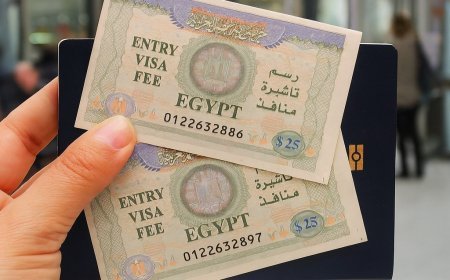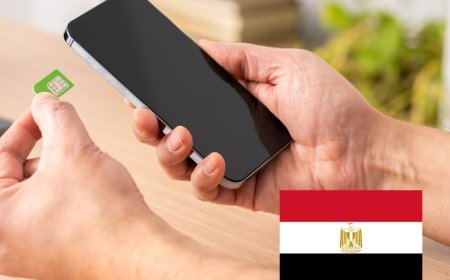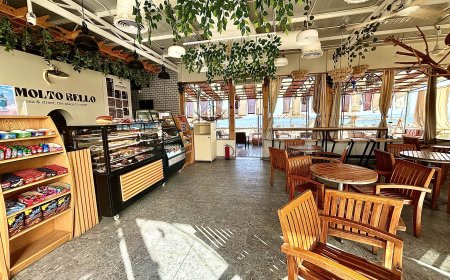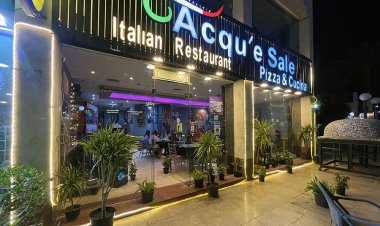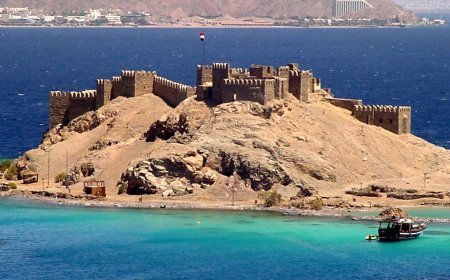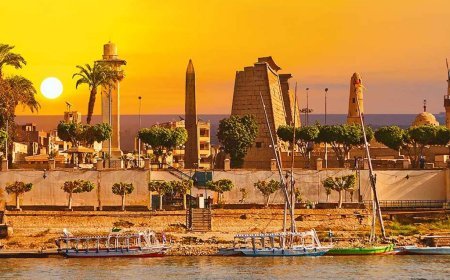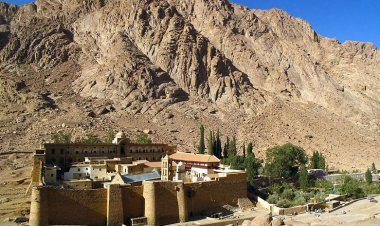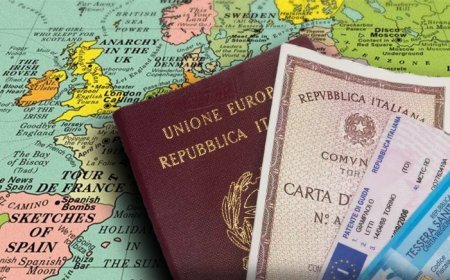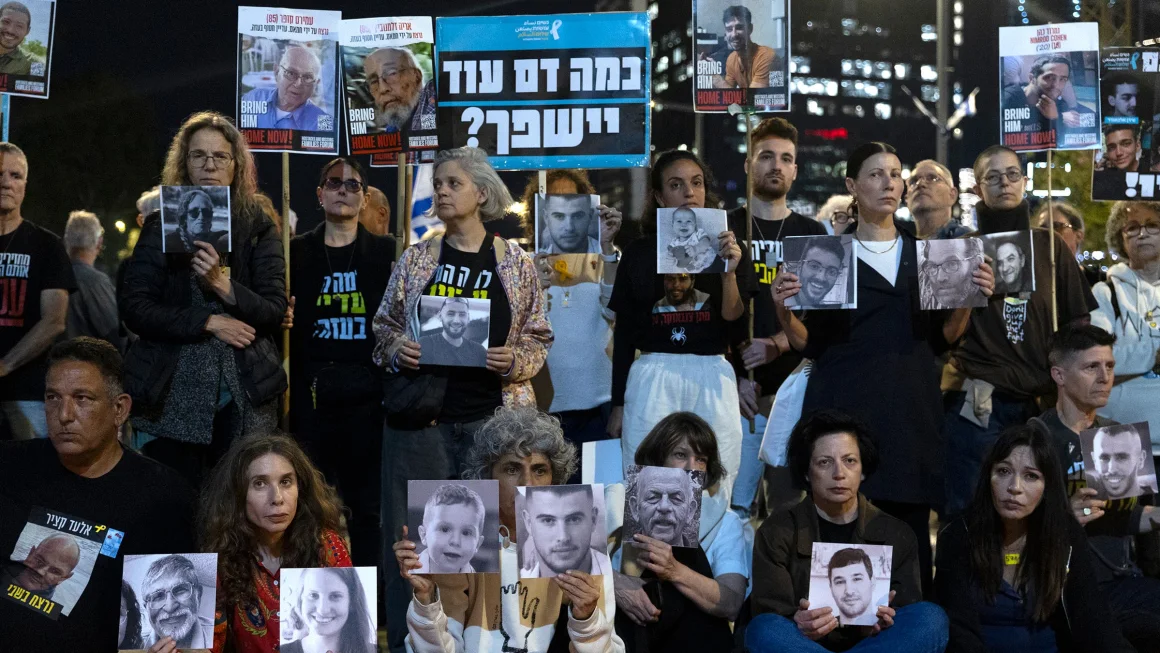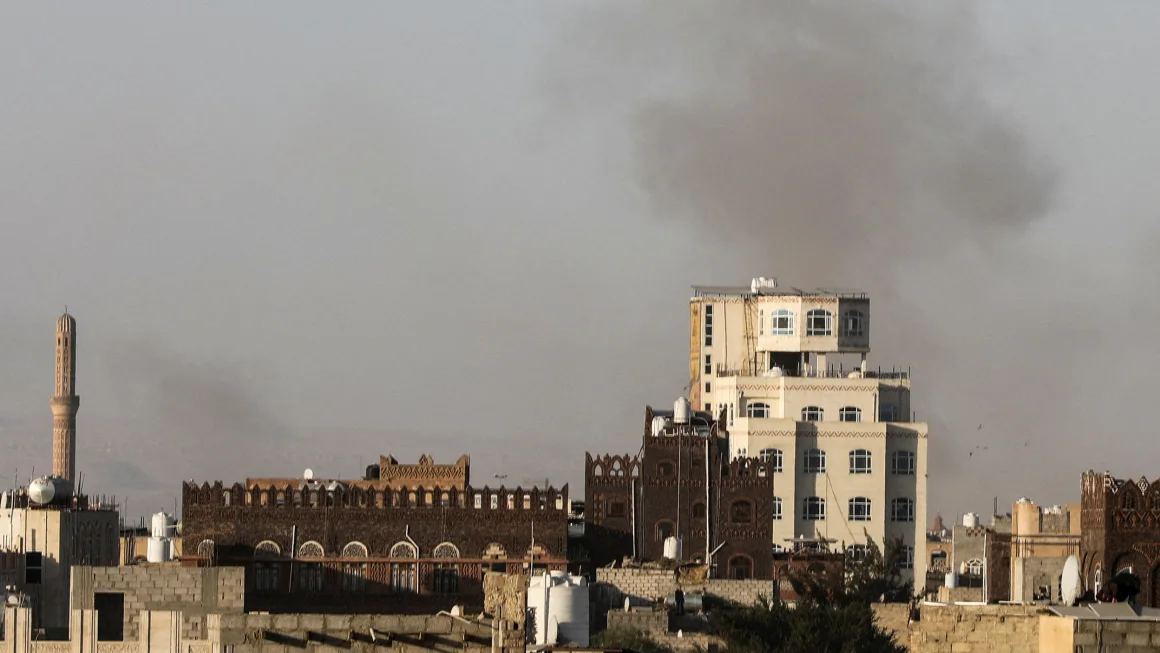Children are drinking from puddles and wading through sewage pools, as Israel pummels water systems in Gaza
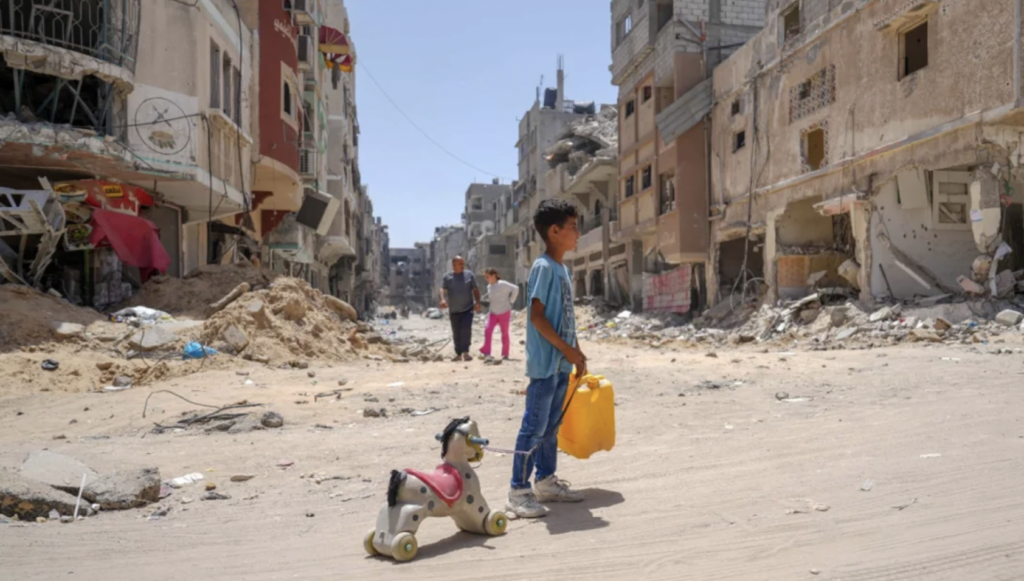
Guns swinging from their hips, two soldiers in black combat boots and green tactical clothing appear to wire explosives to pumps at the Canada Water reservoir in Rafah, southern Gaza.
Moments later, an orange blaze tears through the critical facility in the Tal al-Sultan neighborhood, as ribbons of grey smoke erupt into the sky.
The blast was captured in a now deleted video, which was reportedly shared by an Israeli soldier on Instagram and geolocated by CNN. Satellite imagery shows that the reservoir was damaged between July 26 and July 27. Destroyed buildings are visible in the surrounding area.
The reservoir could hold 3 million liters of water and was central to the treatment and distribution of water in the Rafah Governate, according to the UN’s Office for the Coordination of Humanitarian Affairs (OCHA), providing water for 150,000 people prior to October 7, when the war began.
When asked about the incident captured on camera, the Israel Defense Forces (IDF) told CNN that its troops had been operating in the Tal al-Sultan area for several weeks to “dismantle terrorist infrastructures and eliminate terrorists, whilst taking feasible measures in order to mitigate damage to civilian structures.”
It added that it examines reports of videos posted to social media and handles them with disciplinary measures. The IDF said the incident was under review by the Fact Finding and Assessment Mechanism, “an independent investigative mechanism outside the chain of command entrusted with investigating exceptional events in warfare.”
There have been many water facilities damaged or destroyed by Israel’s 10-month-long assault in Gaza, according to the UN and various other international bodies, compounding the civilian population’s suffering, risking the spread of disease and leading human rights experts to accuse Israel of using water supply as a weapon.
The destruction of the Canada Water reservoir “is certainly a breach of international humanitarian law (IHL),” Mark Zeitoun, director general of the Geneva Water Hub, a Swiss institute specializing in hydro-diplomacy, told CNN.
“IHL is meant to protect against indiscriminate attacks on the civilian population or the objects they depend upon (for) survival,” he said.
Even before the controlled explosion in late July, the Israeli siege drained fuel and electricity supplies needed to power the Canada Water reservoir and other water systems in the city, according to Rafah’s mayor, Ahmed Al-Sofi, causing severe shortages.
“Rafah was already suffering from water shortages,” Al-Sofi told CNN in July. “The city of Rafah is a city struck by destruction, hunger and thirst.”
The amount of water available in Gaza works out at 4.74 liters of water (1 gallon) per person per day, Oxfam reported in July, adding that this is “just under a third of the recommended minimum in emergencies and less than a single toilet flush.” The international nonprofit has accused Israel of using water as a “weapon of war,” saying Palestinians in Gaza have “almost no water to drink, let alone to bathe, cook, or clean.”
Extreme summer heat in Gaza is making a desperate shortage of water even worse for Palestinians already stalked by famine and struggling with repeated displacement.
This June was the hottest on record in Israel, according to the Israel Meteorological Service. Temperatures in Negba, a few miles north of Gaza, reached 39.4 C (103F) in the middle of the month, according to CNN meteorologists.
Israel’s war in Gaza has reduced supplies of fuel, chlorine and spare parts, stifling water production, purification and sewage pumping, according to the UN. Around 70% of all water and sanitation facilities in Gaza have been destroyed or damaged, the WASH Cluster, a United Nations-led group that coordinates humanitarian efforts for water, sanitation and hygiene, said on July 24, citing satellite analysis from the UN Satellite Centre.
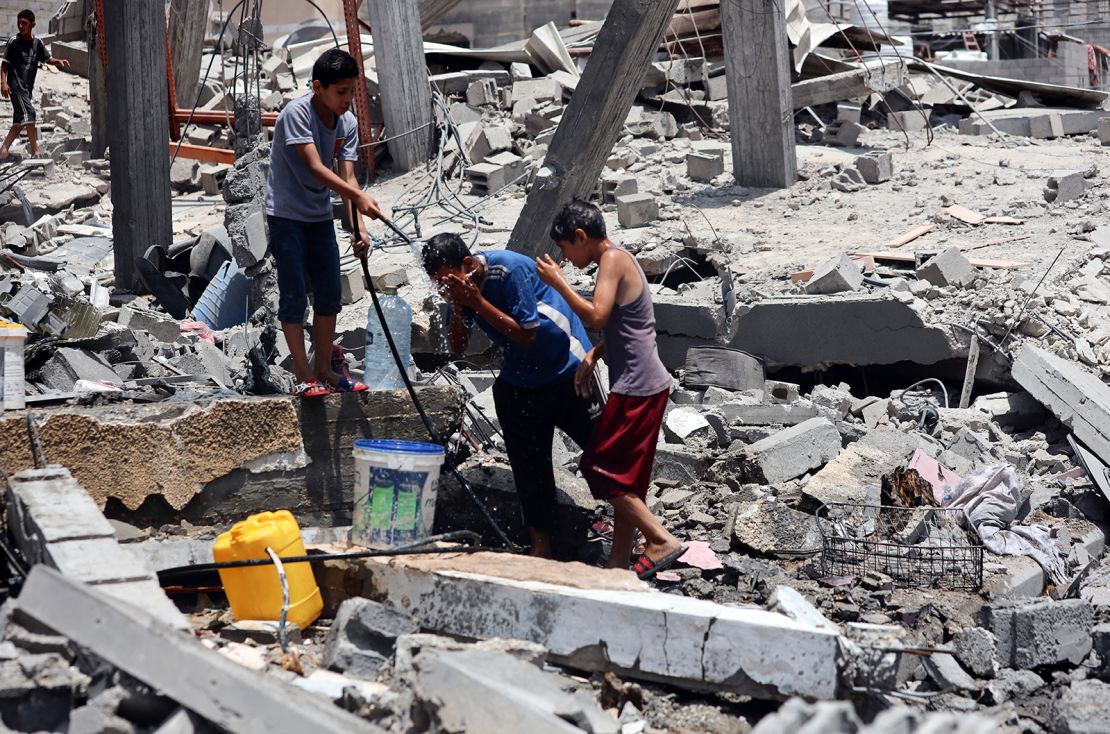
COGAT, the Israeli agency responsible for approving aid into Gaza, told CNN in a statement that Israel allows and facilitates the “unlimited entry” of water tanks and fuel supplies into Gaza. It added that there has been a “continual effort” since the start of the war to facilitate the repair and extension of water wells, desalination facilities and water mains.
But several Palestinians told CNN they are forced to make hazardous journeys in search of water, risking exposure to Israeli attacks. Two people told CNN they had witnessed physical violence and even killing at public distribution points as people fight for scant resources. Those displaced to makeshift camps described scenes of sewage spilling into the streets and children drinking from puddles.
More than 1.7 million cases of infectious diseases have been recorded in Gaza, according to the Ministry of Health there. Traces of the highly infectious polio virus – transmitted through faeces, and contaminated water or food – were found in a 10-month-old child in the central Gazan city of Deir al-Balah earlier this month. The child was later paralyzed due to the disease, the UN said on August 23.
World Health Organization (WHO) testing discovered the virus in sewage samples in Gaza in July, putting thousands of Palestinians at risk of contracting a disease that can cause paralysis.
After the Gaza Ministry of Health declared a polio epidemic last month, the WHO warned that ongoing Israeli bombardment had stifled vaccination efforts in Gaza. They are now calling for a halt to the fighting to allow for an effective vaccination drive.
Widower Alaa Riyad says he treks many miles every day under the glare of the sun to collect water for his family, in Beit Lahia, northern Gaza.
The 42-year-old told CNN that he became “father and mother” to his children after his wife and 18 other relatives were killed by Israeli bombardment several months ago.
“We have found worms in the water more than once,” he told CNN. “What can we do?… There is no life for us.”
Israeli attacks in the strip have killed more than 40,200 Palestinians and injured about 93,000 since the war started, according to the Ministry of Health in Gaza. The Israeli military launched its aerial and ground assault in Gaza after the militant group Hamas attacked southern Israel on October 7, killing around 1,200 people and abducting more than 250, according to Israeli authorities.
‘Near complete destruction of all water infrastructure’
Gaza’s water crisis has been building for decades. In 2017, the UN’s children’s agency, UNICEF, said that 95% of water from Gaza’s sole aquifer was “unfit for human consumption,” due to over-extraction, seawater infiltration and sewage contamination.
In 2021, about 90% of Gaza’s water came from groundwater wells drawing water from that aquifer, according to the Palestinian Water Authority. The remaining 10% came mostly from desalination plants and Israel’s national water company, Mekorot, via three pipelines.
But since early summer, Gaza’s municipal wells and desalination plants (two out of three of which are functioning) have operated at an average of around 15% and 22% capacity, respectively, according to CNN analysis of WASH Cluster data.
Destroyed and damaged water systems in Gaza amid summer heat
The Israeli military campaign in Gaza has damaged key water infrastructure in the territory, with many Palestinians relying on groundwater wells that fall far short of needs due to fuel shortages. Severe lack of access to clean water and sanitation has led to a surge in health issues, including more than half a million cases of diarrheal illnesses and rising skin infections especially among children, the United Nations reported.
Wim Zwijnenburg, who investigates the environmental impact of conflicts for the Dutch peace organization PAX, told CNN the level of damage done to Gaza’s water systems is “the most severe we’ve seen so far in any conflict in the last 10 years, probably even longer.”
“What we’re seeing so far… is the near-complete destruction of all water infrastructure, which includes water pumping stations, water wells, the whole piping system in Gaza,” Zwijnenburg said. “The few functioning pumps that are still operating, the quality of the water is so bad… (But) people have no choice but to drink it.”
Gaza is facing a water crisis
Due to damaged facilities and fuel shortages, no water systems are operating at full capacity. More than 2 million people in the strip now primarily rely on pumped water from wells operating at around 15% capacity, as well as on water supplied by Israel’s water company, Mekorot, via three pipelines.
Average daily capacity of water infrastructure in Gaza since June 2024, liters

Within the first week of the war, Saaed Al-Madhoun, an emergency response manager for the humanitarian agency CARE International, was forced to flee an Israeli incursion with his family near their home in Gaza City, which was later flattened by bombardment.
The aid worker is haunted by “constant fear and uncertainty,” as the threat of Israeli attacks loom over his wife and five children, aged between 1 and 13 years old. They are displaced in miserable conditions in Deir al-Balah, where the entire family survives on just 20 liters of water per day – less than the minimum of 3 liters per person needed for survival, according to UNICEF.
“Most of the water we access is not potable… it often has a salty or metallic taste,” he said in testimony relayed to CNN by CARE International. “I have seen children drinking from puddles.”
‘Completely miserable’ conditions in tent camps
Barbed wire and concrete slabs sink into huge pools of green, sewage-contaminated water in Khan Younis, southern Gaza. Footage filmed by a journalist working for CNN shows residents tiptoeing through streams of muddy water pouring through the once-vibrant neighborhood.
The Israeli offensive has displaced up to 1.9 million people – nearly the entire population – in Gaza, according to the UN. People in sprawling tent camps say they can barely access potable water or sanitation facilities in areas polluted by raw sewage and teeming with bugs. Women endure several menstrual cycles without washing, according to the UN. Others queue in the heat to use toilets at overwhelmed hospitals – or risk being chased by dogs to use washrooms in the middle of the night. The UN previously recorded one improvised shelter with only 25 toilets for 14,000 people inside and 59,000 outside.
Palestinians told CNN they must prioritize scarce water supplies for consumption instead of bathing, washing clothes or cleaning dishes. Parents told CNN they struggle to find enough gas or fuel to boil and sterilize water, increasing the risk of illness. Some give their children food that requires minimal water for preparation – but offers poor nutritional value. Others describe water contaminated during transportation in unclean tanks.
Mohammed Hamouda, a health worker displaced in Deir al-Balah, told CNN he and his family, including his three young children, have suffered from diarrhea and abdominal cramps due to consumption of dirty water.
“We get the water supposedly clean and drinkable,” he said. “But gastrointestinal diseases and intestinal diseases occur… We do not know that it is unclean until after we use it,” he said.
“Obtaining clean water is difficult. Getting water for bathing is more difficult. Finding a toilet to relieve oneself is also very difficult.”
Muslims cannot find enough water to make ablution before prayer, a necessity for those seeking moments of relief through faith.
Children suffer from skin rashes, expectant mothers face stillbirth risk
Asma struggles to distract her children from the stinging pain of blisters and itchiness of head lice. The Palestinian mother is staying with seven relatives in Deir al-Balah, where insects crawl between the folds of their tent.
“In the tents we have… an unimaginable quantity of insects, pincher bugs and cockroaches,” she said, in an account relayed to CNN by CARE International. “We get tired trying to cool and fan ourselves.” Asma’s last name has been withheld by CARE International to protect her identity.
“My children are sick, and we can’t even find medical treatment,” she added. “We have no shampoo, or detergent to wash our clothes… What are we supposed to do?”
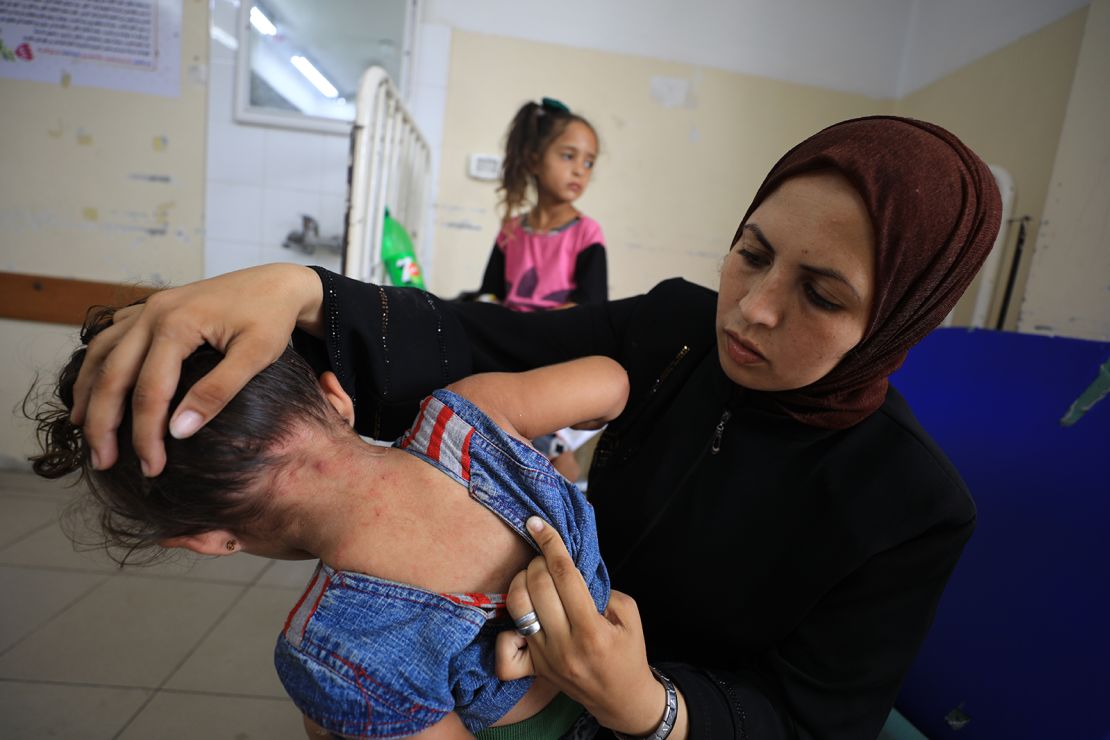
Chronic water shortages will compound “all the existing fragility” among the population, according to Tanya Haj-Hassan, a pediatric intensive care doctor working with Médecins Sans Frontières (MSF), also known as Doctors Without Borders, especially for the most vulnerable.
The stress of war paired with water shortages increases the risk of stillbirth, pre-term delivery and blood clots for pregnant women in Gaza, Haj-Hassan said. Breastfeeding women are less likely to produce enough milk for newborns, potentially causing malnourishment. Those who can access sparse supplies of powdered infant formula may not find clean water to make up bottles, compounding the risk of illness, Haj-Hassan added.
Sustained restrictions on aid
Israel’s COGAT told CNN they have facilitated the entry of 48,670 tons of water aid into Gaza since the war began, adding that they have provided 14 forklift trucks to assist with aid collection at the Kerem Shalom border crossing between Gaza and Israel, as well as broadening supply routes and increasing operating hours for aid collection.
But relief workers say what’s coming in is not nearly enough to respond to soaring needs, blaming Israel for sustained aid restrictions, blocked access to parts of the north, destruction of roads and attacks on relief convoys. Humanitarian workers and government officials told CNN in March that Israeli officials were repeatedly rejecting much needed aid, including water purification tablets and filtration systems, at entry points to Gaza. COGAT described the testimony given to CNN at the time as “false accusations.”
Liz Allcock, head of protection at the UK-based NGO Medical Aid for Palestinians, told CNN she saw “thousands and thousands” of bottles of water sitting at the Kerem Shalom border crossing on July 3.
Several Palestinians told CNN that scarcity, the risks involved in transporting water, and fuel shortages had driven up the cost of water to unaffordable levels. Some say the absence of regulation means water supplied by aid agencies is sold on the black market for an inflated cost.
In some areas, water has risen from $7 for 1,000 liters (about 264 gallons) to $45 to $50, Haj-Hassan said. Hamouda, the father-of-three displaced in Deir al-Balah, said the daily cost of water for him and his family has risen from one-third of a dollar in October to $2.
Raed Radwan, a father displaced to a tent in Deir al-Balah told CNN that he was constantly worried about keeping his family cool and hydrated. His five-month-old daughter recently suffered heatstroke, and he had no cold water to give her.
“For nine months, we have been enduring the ongoing water crisis… I hope there will be a solution to the water problem because I can no longer handle it. I am mentally and physically exhausted,” he said in July.
CNN’s Gianluca Mezzofiore, Abeer Salman, Tareq El Helou, Ibrahim Dahman and Lauren Izso contributed reporting.
The post Children are drinking from puddles and wading through sewage pools, as Israel pummels water systems in Gaza appeared first on Egypt Independent.
What's Your Reaction?
 Like
0
Like
0
 Dislike
0
Dislike
0
 Love
0
Love
0
 Funny
0
Funny
0
 Angry
0
Angry
0
 Sad
0
Sad
0
 Wow
0
Wow
0
